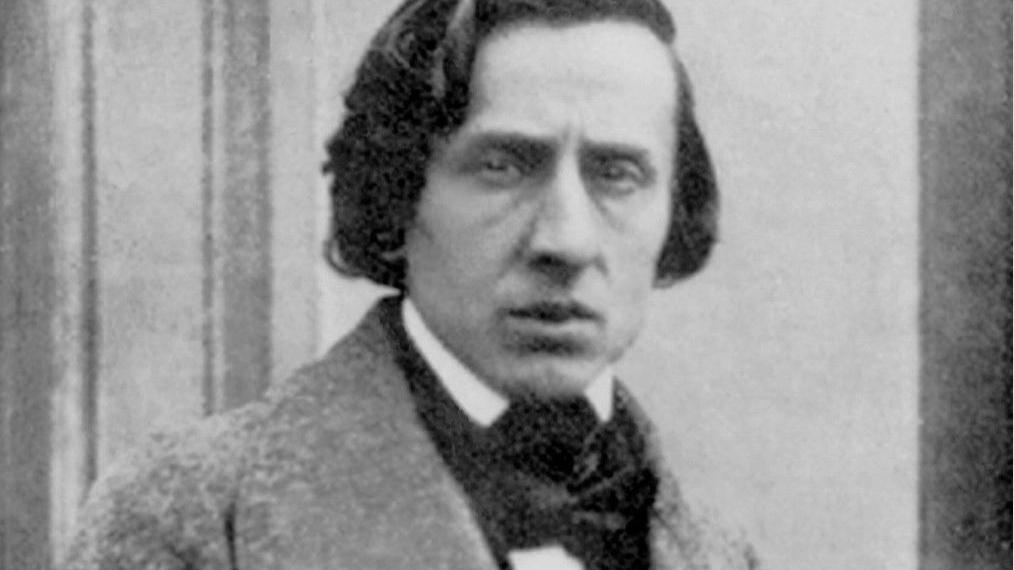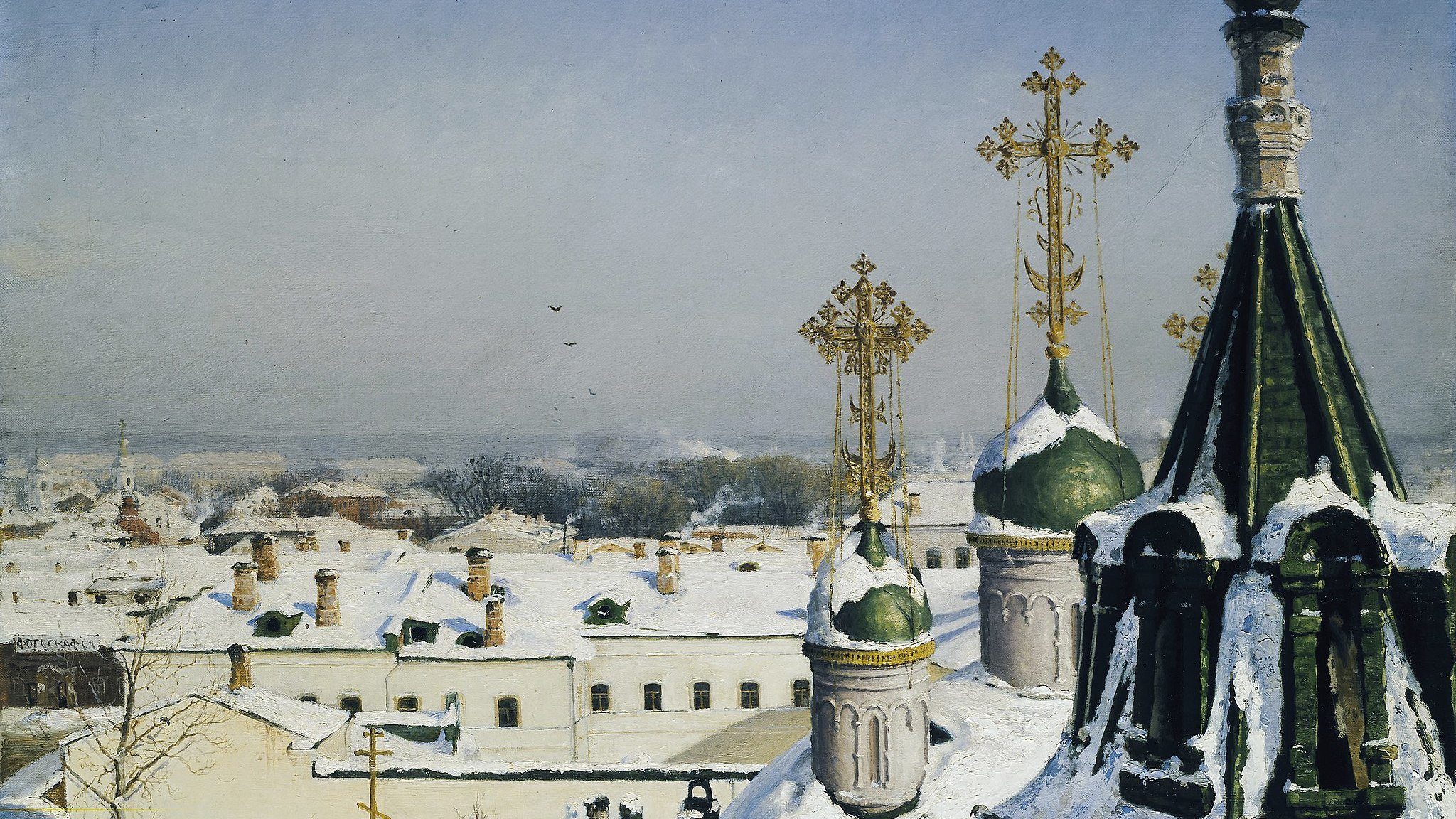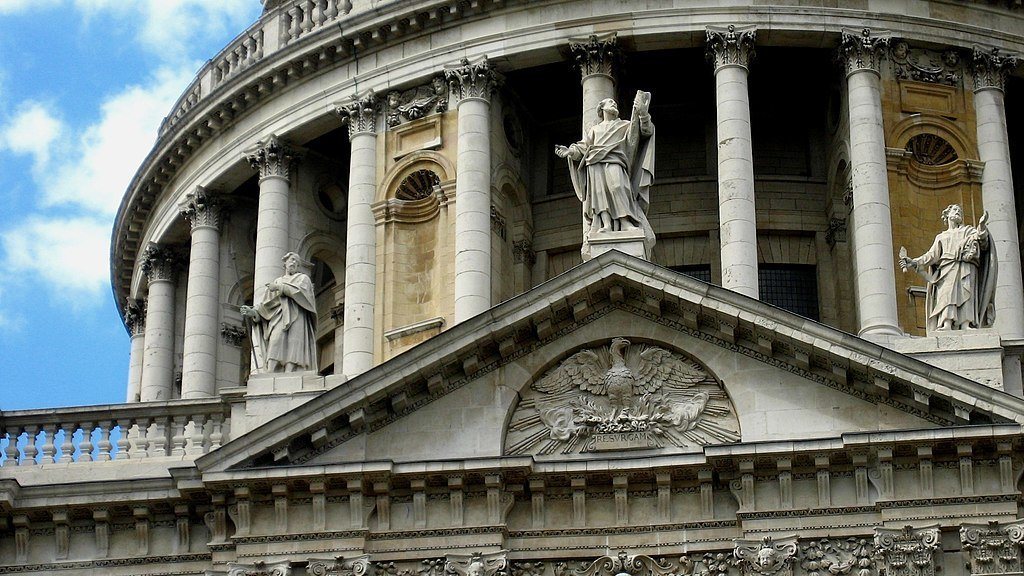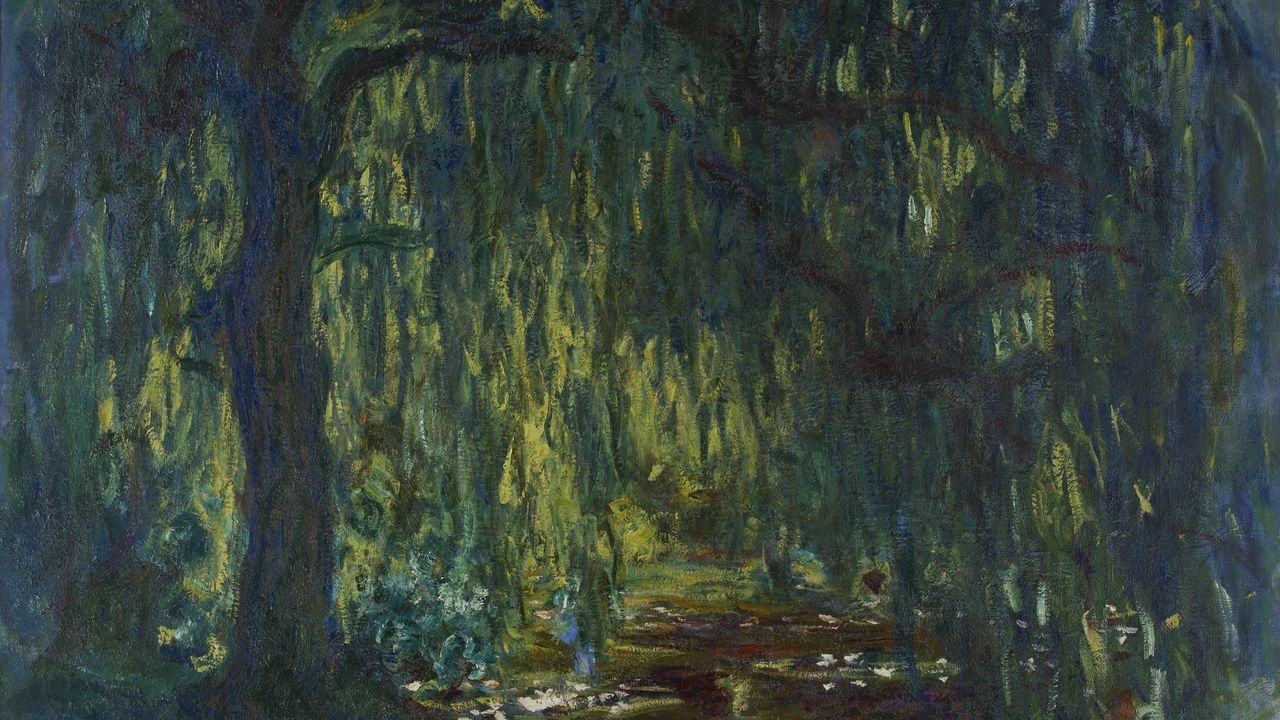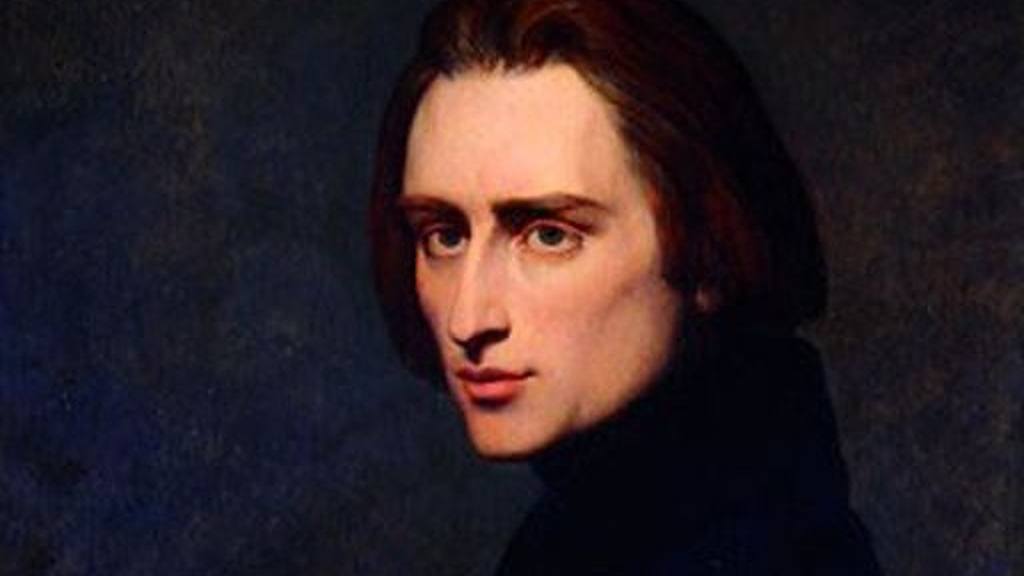Chopin’s Nocturnes, Op. 27: Enharmonic Dreamscapes
Frédéric Chopin’s Op. 27 Nocturnes inhabit a serene, sensuous, and melancholy dreamscape. The two pieces for solo piano, composed in 1836, are among twenty-one surviving Nocturnes written by Chopin. The form originated a generation earlier with the English composer-pianist, John Field (1782-1837). Chopin’s Nocturnes become magical and atmospheric “songs of the night.” They are bel canto arias without words, in which the piano is transformed into a singing instrument. They are harmonically …

